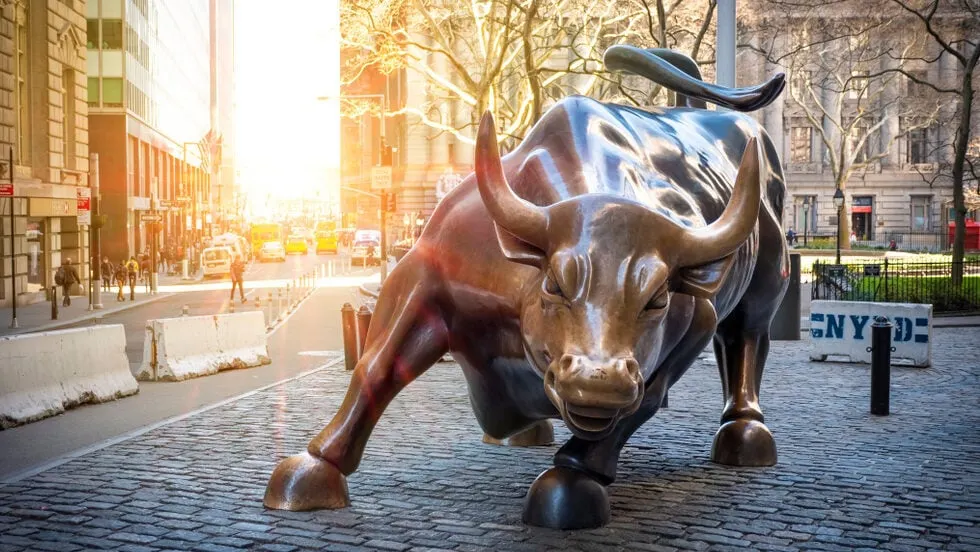The SEC’s leadership suggested Friday it would be open to establishing a so-called regulatory sandbox for digital assets that would allow crypto exchanges to freely experiment in novel sectors—including, potentially, offering the trade of tokenized securities.
Tokenized securities are versions of traditional securities offerings, like stocks and bonds, that are issued as fungible assets on blockchain networks.
In remarks preceding the agency’s second-ever digital assets roundtable on Friday—this one focused on crypto trading—Republican commissioners floated the idea of issuing exemptions that would soon allow crypto exchanges like Coinbase to dabble in offering tokenized securities alongside crypto products.
“I encourage market participants that are developing new ways to trade securities using blockchain technology to provide input on where exemptive relief may be appropriate,” Acting SEC Chair Mark Uyeda said in a pre-recorded video statement.
Uyeda specified that a “time-limited, conditional exemptive relief framework” could offer unregistered crypto exchanges the freedom to innovate in areas like tokenized securities before rules and laws are written on the subject.
Commissioner Hester Peirce, who leads the agency’s new crypto task force, echoed that sentiment in live remarks at the SEC’s Washington headquarters Friday—endorsing the potential value of an exemptive relief framework for crypto exchanges.
“Participating firms could see what works and what doesn’t, technically and commercially,” she said. “Such trials could inform the Commission’s rulemaking efforts.”
Last year, Peirce endorsed the concept of a “digital securities sandbox” that would have allowed American crypto firms to join British ones in experimenting with “the issuance, trading, and settlement of securities.” Given that crypto-skeptical SEC chair Gary Gensler controlled the Commission at the time, the idea did not get far.
Other nations, including Colombia, have played with the idea of a crypto-specific regulatory sandbox. The United States has previously created regulatory sandboxes to encourage innovation in areas of traditional finance such as loan underwriting.
But allowing crypto exchanges, which are not currently regulated by the SEC, to dabble in the trading of tokenized stocks and bonds—if even temporarily—might not be without its risks.
Caroline Crenshaw, the SEC’s sole remaining Democratic commissioner, appeared to allude to such concerns in her remarks Friday.
Crenshaw argued that crypto exchanges pose unique risks because they already “perform multiple services under one roof,” whereas regulated securities exchanges spread those functions across separate entities to mitigate risk.
“Beyond the consequences to individual investors, these ongoing risks propose a large threat to orderly functioning of the crypto markets, and also to the banking system and traditional finance,” she said.
Edited by Andrew Hayward

